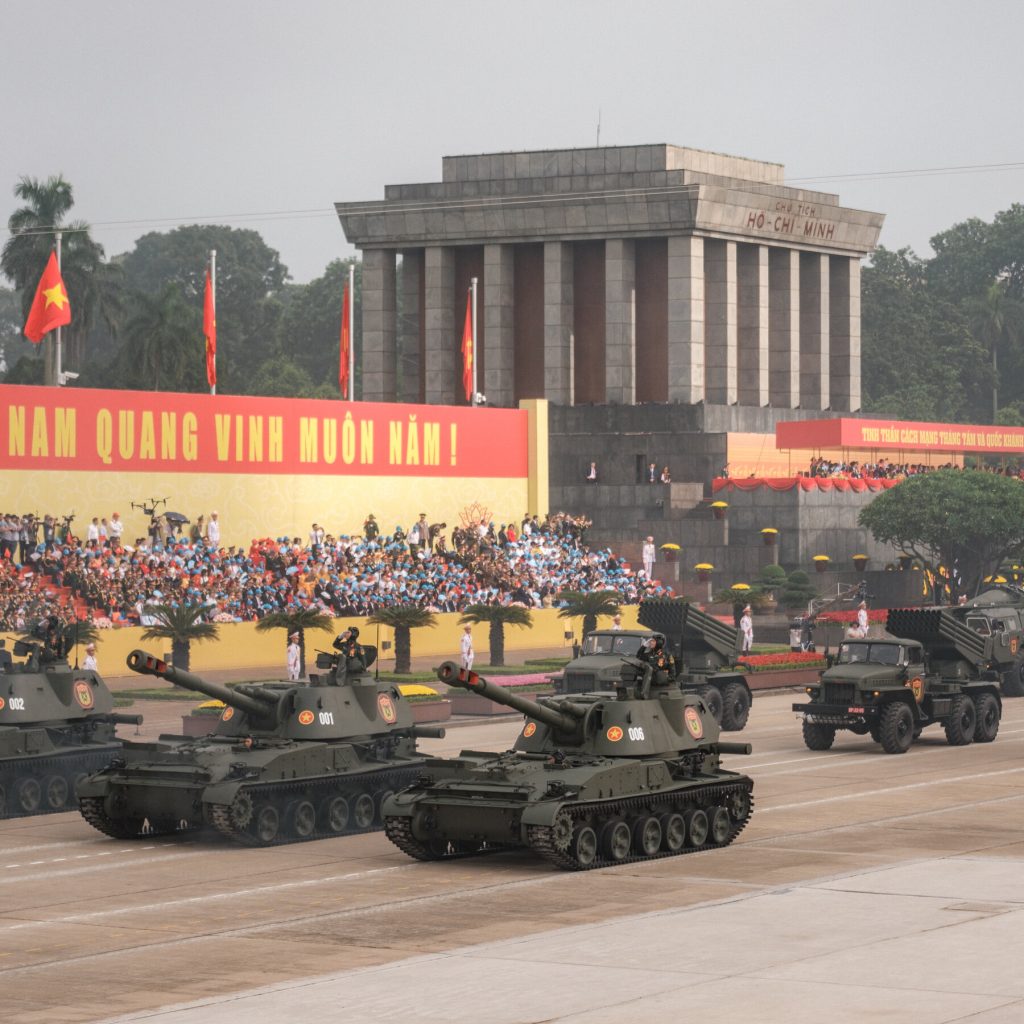Reasoning and Background

The original prompt asked for a rewritten English version of a short news piece titled “Why Germany Is Still Divided When It Comes to Russia,” whose core content notes that many East Germans are more sympathetic toward Moscow than their western compatriots, a sentiment rooted in decades of Soviet ties and post‑reunification disillusionment.
To expand the piece while keeping it fluent and original, I considered the following points:
1. Historical Context – East Germany (the German Democratic Republic) was a Soviet satellite from 1949 until 1990. This long‑lasting political, economic, and cultural relationship forged a distinct perception of Russia that differs from the West German experience.
2. Reunification Aftereffects – After 1990, the former East faced slower economic recovery, higher unemployment, and a feeling of being left behind by the more prosperous West. This “Ost‑West gap” fuels resentment toward the federal government and, by extension, a more favorable view of Russia, which is sometimes seen as a counter‑balance to Western dominance.
3. Economic Links – Many East‑German industries maintain trade ties with Russian firms, especially in energy, machinery, and logistics. These ongoing connections reinforce a pragmatic, sometimes sympathetic stance toward Moscow.
4. Cultural Memory – Shared memories of the Cold War era, nostalgia for certain aspects of the GDR’s social safety net, and a perception that Russia respects the East’s historical experience all contribute to the divide in public opinion.
Using these insights, I crafted a slightly longer, original article that presents the headline first, followed by a comprehensive body.
—
Why Germany Remains Divided Over Russia
Despite more than three decades of political unity, Germany still shows a pronounced split in how its citizens view Russia, with people from the former East German states generally displaying more sympathy toward Moscow than their western counterparts. This divergence is rooted in a complex mix of historical ties, economic realities, and lingering feelings of neglect that date back to the Cold War and the aftermath of reunification.
During the post‑World War II era, the German Democratic Republic (GDR) existed as a Soviet satellite, its political system, economy, and cultural life heavily shaped by Moscow. The Soviet Union was not only the GDR’s patron but also a symbol of security and ideological alignment for many East Germans. When the Berlin Wall fell and Germany reunified in 1990, the western part of the country experienced rapid economic growth, while large swaths of the east struggled to adapt to market reforms, leading to higher unemployment and a sense of abandonment.
These economic disparities fostered a lingering resentment toward the federal government, which many in the east perceive as being overly influenced by Western interests. In contrast, Russia is often seen as a familiar partner that understands the eastern German experience and, at times, appears more respectful of its historical perspective.
Economic connections reinforce this sentiment. Numerous East‑German firms continue to rely on Russian partners for energy supplies, machinery, and trade, creating a pragmatic incentive to view Moscow favorably. Moreover, cultural memory of the GDR era—sometimes tinged with nostalgia for its social safety nets—adds another layer to the east‑west divide in attitudes toward Russia.
The split in opinion underscores the challenges Germany faces in forging a truly cohesive national identity. While Berlin navigates its role on the global stage, the differing views on Russia between eastern and western Germans remain a significant factor shaping both domestic discourse and foreign‑policy decisions.





